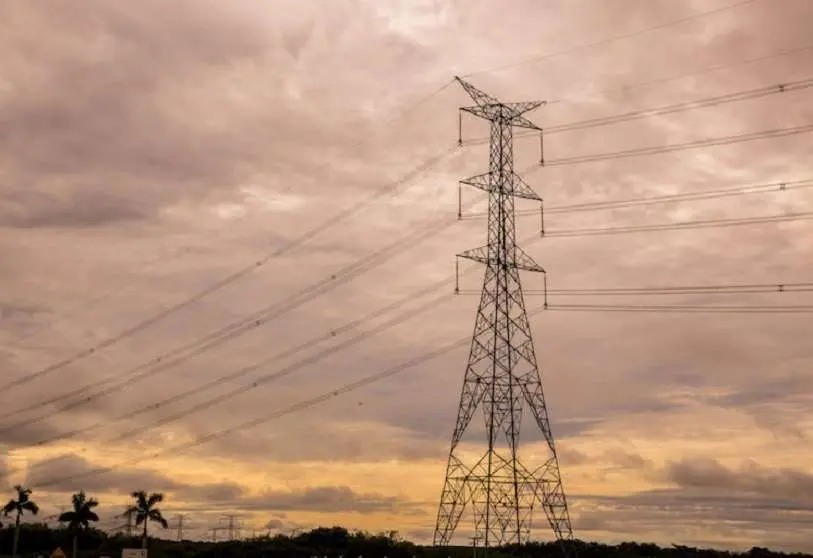No windfall profits for electricity companies

The Spanish government is not telling the truth to the European Commission by falsely claiming that profits have fallen out of the sky for electricity companies.
90% of the electricity demand is already sold at fixed prices and under contract by the Spanish electricity companies. They can hardly have extraordinary profits 'falling out of the sky'. The approach has been grossly dismantled. It is therefore false that, in a system that fixes the price per hour, cheap wind electricity is paid for at the price of expensive gas electricity.
The government's negotiations with Brussels to limit the price of energy do not seem to be on the right track, which should come as no surprise to anyone. While the rest of the European Union looks askance and with suspicion at the Iberian peninsula for the extravagant opposition of "energy island" and European common market, the Spanish and Portuguese governments insist on defending it in the terms presented in the EU capital in a display more of electoral epic than a solution to a problem.
The documents sent to Brussels speak of a reduction in the price of electricity based on imposing a cap on the price of gas that would contemplate a double matching system designed to discriminate between the electricity consumed on the peninsula and that exported across the Pyrenees to the EU market, a double pricing mechanism with one result for exports that would maintain the usual formula and another for the domestic market, which would provide for a cap on the price of gas, a solution that makes the Commission's hair stand on end because of its aggression against market unity.
The reality is that there is no such thing as an Iberian exceptionality, and that the approaches of the socialist governments of Spain and Portugal would do nothing more than attack the foundations of the EU at a time when Europe, with a war at the foot of its eastern borders, is more necessary than ever.
In this environment, first Minister Calviño and then the Spanish Prime Minister himself are appropriating the crudest arguments of a dying ultra-left and are walking around the pages and on the platforms of the media dressed in a moral superiority with a rancid anti-capitalist whiff that, at bottom, responds to nothing more than an electoralist movement.
The polls in Andalusia do not augur well for the PSOE and the data are stubborn, Spain will not lead growth in the Eurozone after the pandemic and, in this adverse context, they have opted for an old and propagandistic solution: to find a common and powerful enemy to divert attention and ingratiate them with the citizens: the "odious electricity companies", unscrupulous companies that attack the battered health of the Spanish people's accounts to continue increasing the inflated emoluments of their own. Things are not as simple as they are portrayed. Most surprising of all is how the latest spokesperson for this fanfare of facile populism is the Minister of Economic Affairs.
The government deliberately ignores the war in Ukraine and shifts the responsibility for the increase in electricity prices to the companies that produce and sell it, a fallacy that, with a headline repeated ad nauseam in its most faithful loudspeakers, it pretends to turn into supreme truth.
Without a hint of blush, it hides what it really knows, that almost 90% of the electricity consumed by Spaniards comes from long-term contracts, and transfers to everyone, as the greater evil, the problem of the remaining percentage, which only affects households with PVPC contracts, the only ones subject to the ups and downs of a convulsive market such as the current one. This is the disguised deception that the government is also trying to force down the EU's throat, which does not seem to be willing to swallow it with a grain of salt.
The reality is that what is happening in Spain is happening in a very similar way in the rest of Europe, but Pedro Sánchez seems to have decided that the best way out of the inflationary crisis is to attack the rules of the market, criminalise the freedom of enterprise and endanger, with new and distorted rules of the game, the future investments of some of the main companies in our country and, with them, the labour force to which it owes its debt.
